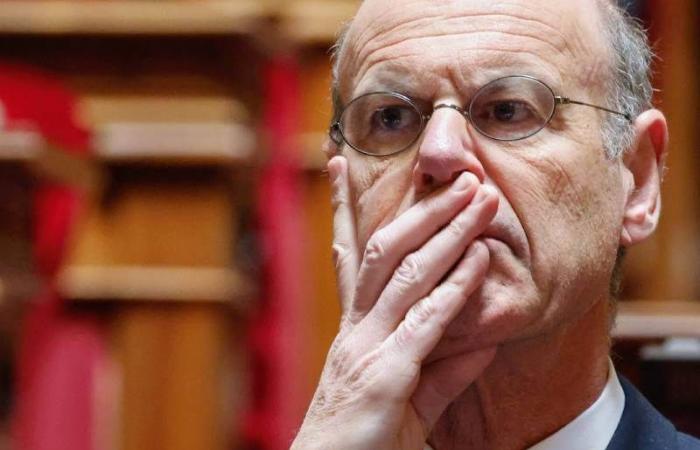Announcements follow one another and are similar in recent days regarding the European Green Deal and the regulation of businesses towards greater sustainability. After a massive questioning of the CSRD, directive on sustainability reporting, with the mention of a possible “suppression du reporting”, it is now the directive on the duty of vigilance (or CS3D) which is attacked
During his wishes on January 23, the Minister of the Economy, Eric Lombard, called for a “suspension of CS3D until it is simplified”. According to the minister, the subject was discussed at the European Economic and Financial Council on January 21 and 22, and would have been the subject of a consensus.unanimous” from ministers. The directive on the European duty of vigilance, voted last April, was to be the culmination of the European Green Deal by obliging large companies operating in Europe to guarantee respect for social and environmental rights throughout of their value chain.
A directive criticized by employers’ circles
But for several months, economic and employer lobbies have been on the offensive against the directive, judged, like the CSRD, to be a regulatory burden. The directive in fact requires them to work to identify possible human rights violations or violations of environmental rights on their production chains, a difficult task for companies which often have poor control of their supplier chains.
Last November, the European Medef published an open letter, highlighting the difficulties of implementing the duty of vigilance. He called for “provide for an extended transition period for businesses”or a moratorium on the entry into force of the text, in the name of business competitiveness. As with the CSRD, several European actors from the economic world or the right have been putting pressure for several months to shift and unravel the directive.
Faced with pressure, Ursula von der Leyen, President of the European Commission, therefore decided last November to integrate CS3D as part of future omnibus legislation aimed at “simplifying” Green Deal regulations. The position of the European economic ministers, revealed by Eric Lombard during his greetings, also aroused applause from the economic circles present in the room. Announcements which seem to indicate that the lobbying has borne fruit and that the questioning of the directive is underway.
-Towards a big step backwards
Already, the minister's statement has aroused the anger of some elected officials in Brussels. Marie Toussaint, an environmentalist MEP, confided to Novethic her fears of seeing the unraveling of the Green Deal underway in Europe weaken the continent. She also criticizes the posture of the French government which “succumbs to calls from the fiercest reactionaries, from Elon Musk to BusinessEurope” in terms of deregulation. For their part, associations for the protection of social and environmental rights are concerned that this key directive will be called into question, and with it all the guarantees it introduces in the fight against modern slavery, illegal deforestation, or again illegal pollution.
“It is sad and dangerous to see that economic lobbies have succeeded in casting doubt on this necessary legislation, while many committed economic actors are nevertheless calling for it to be preserved,” comments Clara Alibert in charge of economic stakeholder advocacy at CCFD-Terres solidaires. A few days ago, several large multinationals including Ferrero, Unilever, Nestlé and L'Occitane, expressed their support for the European duty of vigilance: “The most concrete step the European Commission can take to support future competitiveness is to focus on developing the clear and practical guidelines needed to help businesses implement the duty of care.”
If Eric Lombard wanted to clarify that such a suspension would not mean a step backwards on the ambitions of the text, experts in the sector are however skeptical. “If we suspend the CS3D, we must legally open the entire text to renegotiate the date of entry into force, and at that point everything is possible,” analyzes Richard Gardiner, expert at the World Benchmarking Alliance. We can therefore fear that the right-wing parties in the European Parliament, opposed to business regulation, will also reconsider the substance of the directive. “If there are concrete changes, they should be put on the table publicly. Otherwise, it can only be interpreted as a smokescreen for deregulation” concludes the expert.






